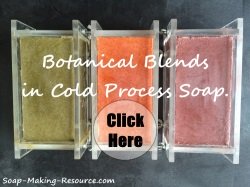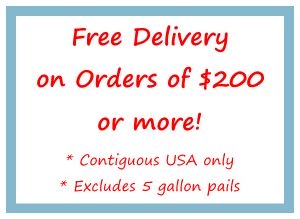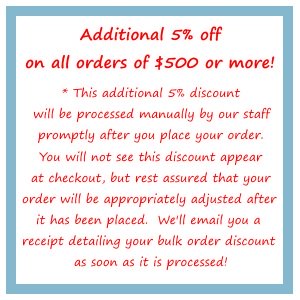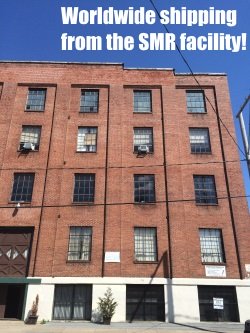Lye Soap - Making it and Defining It
Are you interested in learning all about homemade soap, including the art of lye soap making, and how it is defined? Well, you've come to the right place!
So the basics...
What is Lye Soap?
Exactly what is lye soap? In reality, it's any soap that is made with sodium hydroxide, also known as lye. That's pretty obvious, right? Unfortunately, over time this true definition has been somewhat altered.
If you spent any time making your own soaps, or learning about soap making, you probably know that almost all handmade natural soaps are made with lye.
Lye is an essential component in the soap making reaction because its hydroxide ion combines with the oil or fat to form the soap. The only exception to sodium hydroxide soap would be the occasional liquid soap that is made with potassium hydroxide. Potassium hydroxide, however, is also a type of lye.
So does this mean that all homemade natural soap is lye soap? Basically, yes.
Now that we can accurately answer the question "what is lye soap", let's take a look at an incorrect second definition:
|
Sign Up Today!
*Your information is SAFE with us! |
Some people mistakenly think that the definition of lye soap is any soap that is caustic and harsh. They couldn't be more wrong! Many people don't understand how lye, which is an extremely harmful chemical, can be used to make soothing and mild natural soaps. After all, for non soap makers, lye is known most for its drain cleaning abilities!
So how exactly does it work? If you had high school chemistry, you may remember that when you mix a base with an acid, you form a neutral. This is exactly what happens in the soap making reaction. The base (lye) mixes with the acid (oil or fat) to form a neutral (the soap).
Furthermore, before the soap making process was perfected, soap was often extremely irritating because the amount of lye needed to react with the oil was overestimated. This caused lye pockets to form within the soap that burned the skin.
Although lye soap making today avoids this negative trait, some people still think it is harsh because of the horrible memories of "grandma's lye soap".
Reality, however, is quite the contrary... the main benefit of homemade lye soap, and the reason people love it so much, is actually because of its soothing properties, courtesy of the glycerin that forms during the oil and lye reaction.
Glycerin is (unfortunately) removed from most commercial soaps and sold as a byproduct because of corporate concerns to pass last quarter's profits. Most homemade soap makers are more concerned about producing a superior product... So they keep the glycerin in the soap.
Return from Lye Soap - Making it and Defining it to How to Make Soap











